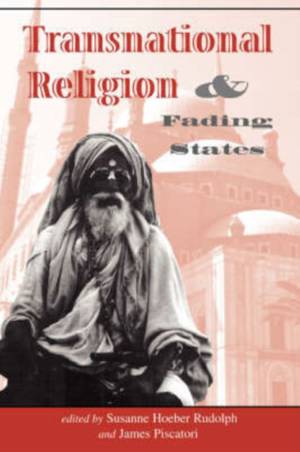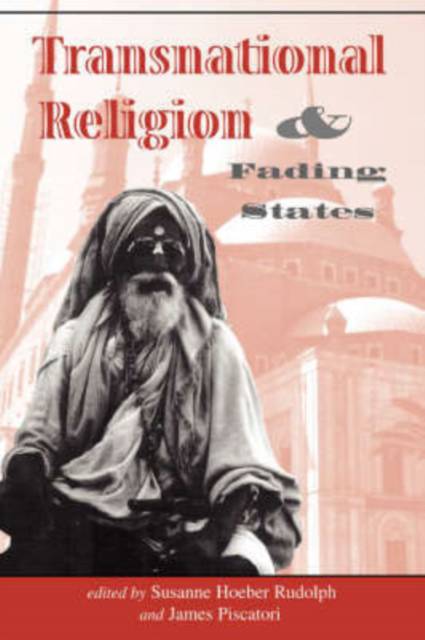
- Afhalen na 1 uur in een winkel met voorraad
- Gratis thuislevering in België vanaf € 30
- Ruim aanbod met 7 miljoen producten
- Afhalen na 1 uur in een winkel met voorraad
- Gratis thuislevering in België vanaf € 30
- Ruim aanbod met 7 miljoen producten
Zoeken
€ 102,45
+ 204 punten
Uitvoering
Omschrijving
Focusing on the dilution of state sovereignty, this book examines how the crossing of state boundaries by religious movements leads to the formation of transnational civil society. Challenging the assertion that future conflict will be of the "clash of civilization" variety, it looks to the micro-origins of conflicts, which are as likely to arise between states sharing a religion as between those divided by it and more likely to arise within rather than across state boundaries. Thus, the chapters reveal the dual potential of religious movements as sources of peace and security as well as of violent conflict. Featuring an East-West, North-South approach, the volume avoids the conventional and often ethnocentric segregation of the experience of other regions from the European and American. Contributors draw examples from a variety of civilizations and world religions. They contrast self-generated movements from "below" (such as Protestant sectarianism in Latin America or Sufi Islam in Africa) with centralized forms of organization and patterns of diffusion from above (such as state-certified religion in China). Together the chapters illustrate how religion as bearer of the politics of meaning has filled the lacuna left by the decline of ideology, creating a novel transnational space for world politics.
Specificaties
Betrokkenen
- Auteur(s):
- Uitgeverij:
Inhoud
- Aantal bladzijden:
- 288
- Taal:
- Engels
Eigenschappen
- Productcode (EAN):
- 9780813327686
- Verschijningsdatum:
- 13/12/1996
- Uitvoering:
- Paperback
- Formaat:
- Trade paperback (VS)
- Afmetingen:
- 150 mm x 226 mm
- Gewicht:
- 390 g

Alleen bij Standaard Boekhandel
+ 204 punten op je klantenkaart van Standaard Boekhandel
Beoordelingen
We publiceren alleen reviews die voldoen aan de voorwaarden voor reviews. Bekijk onze voorwaarden voor reviews.











